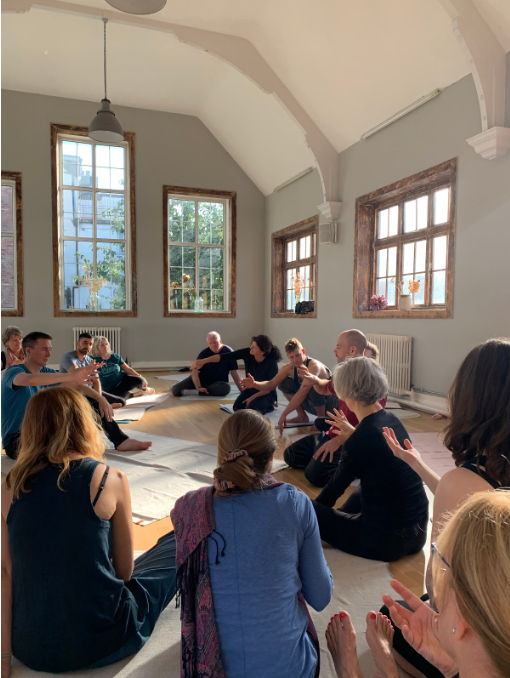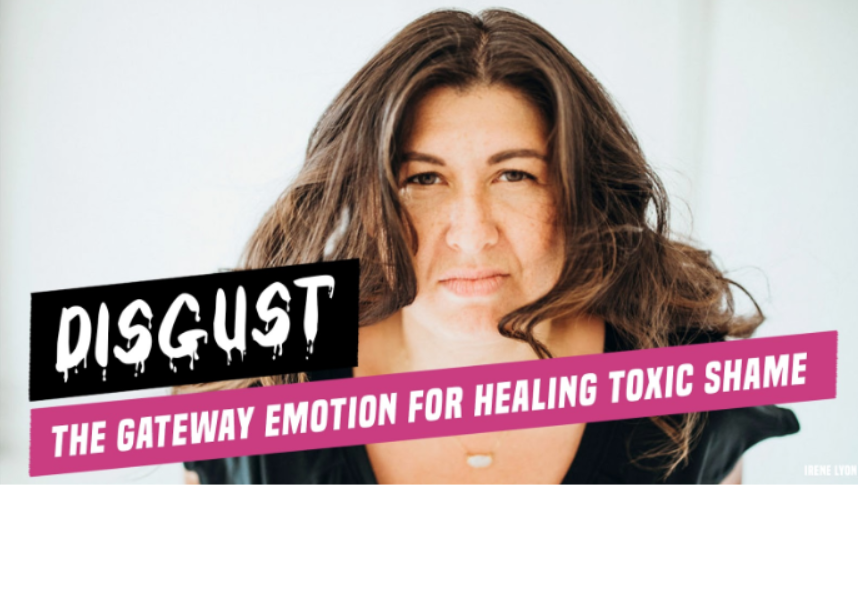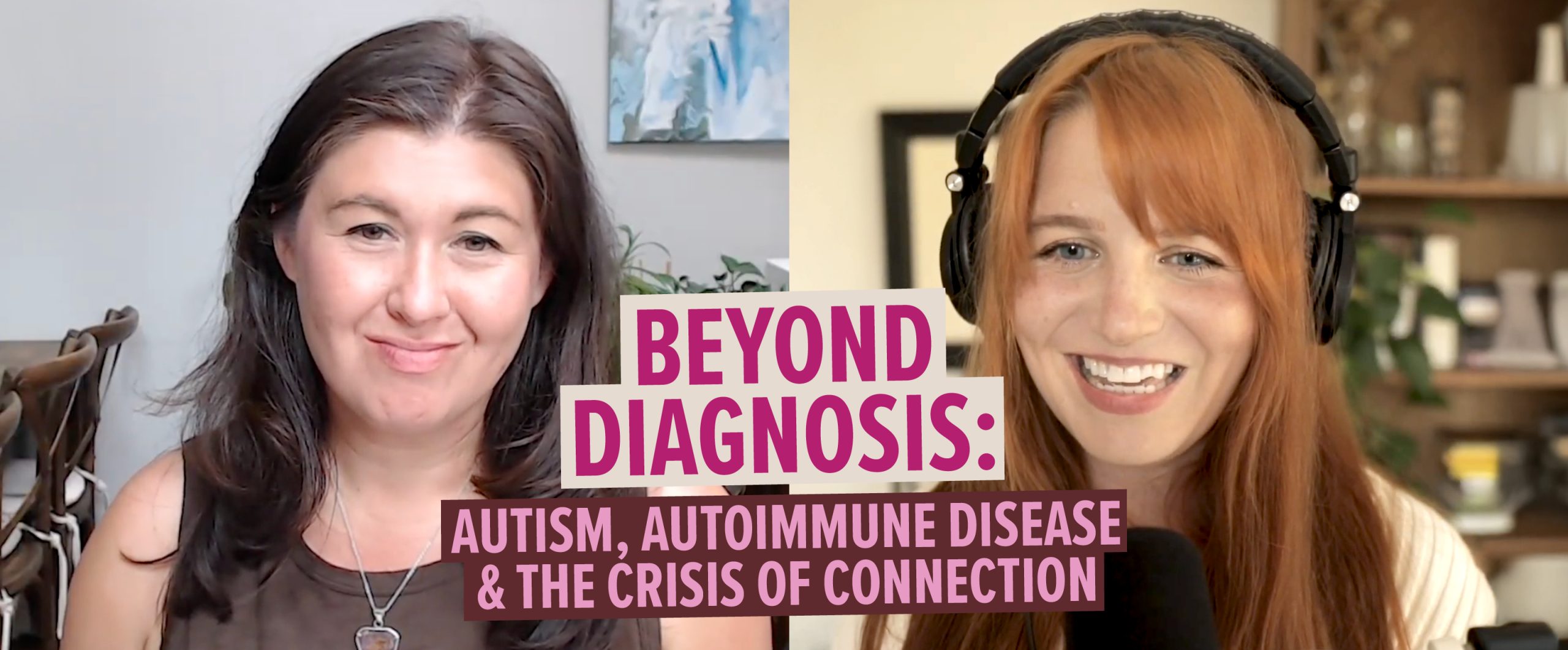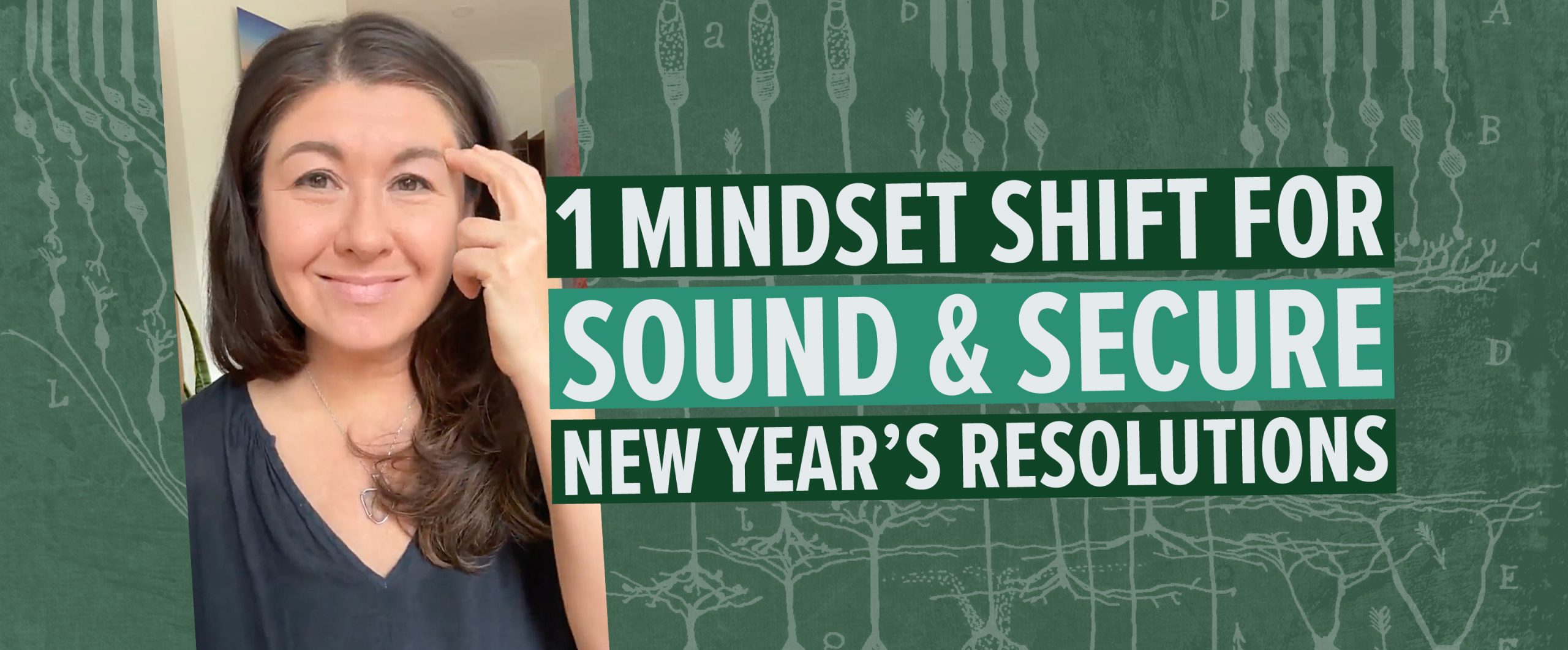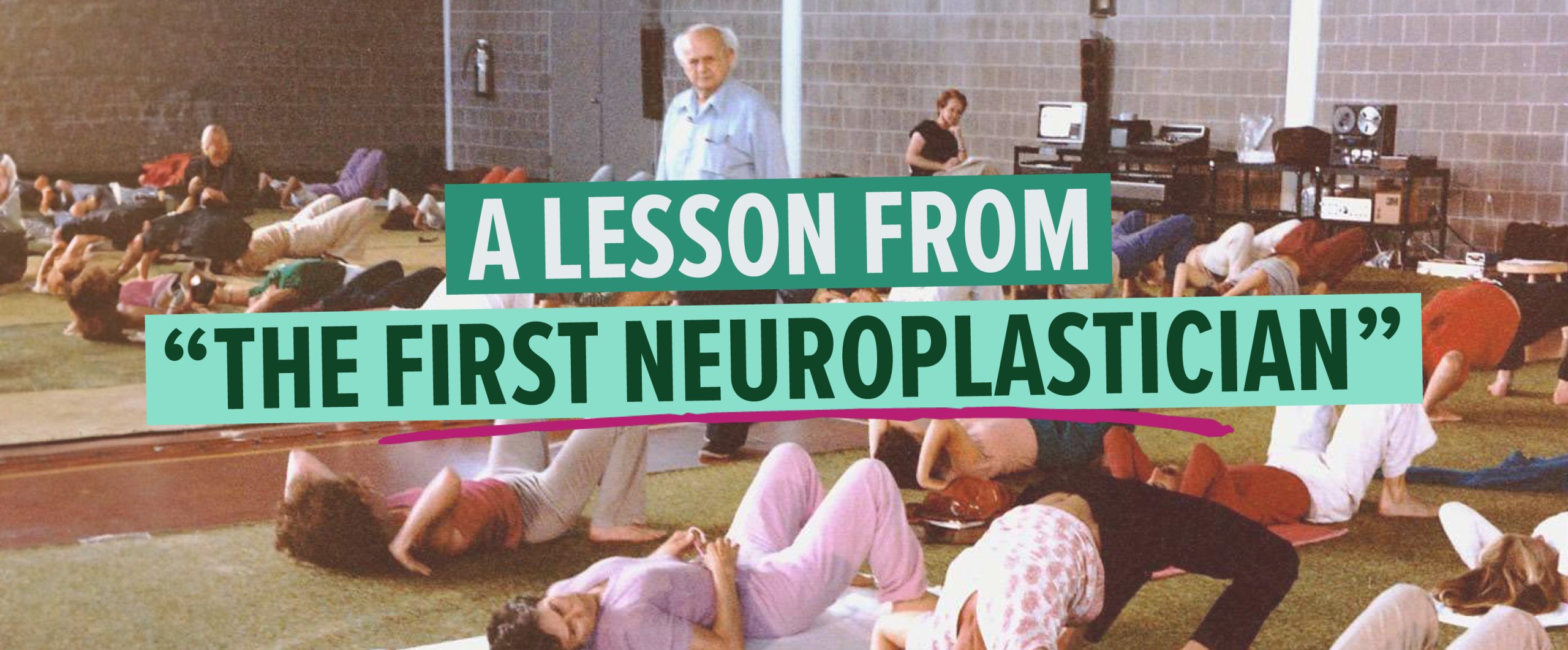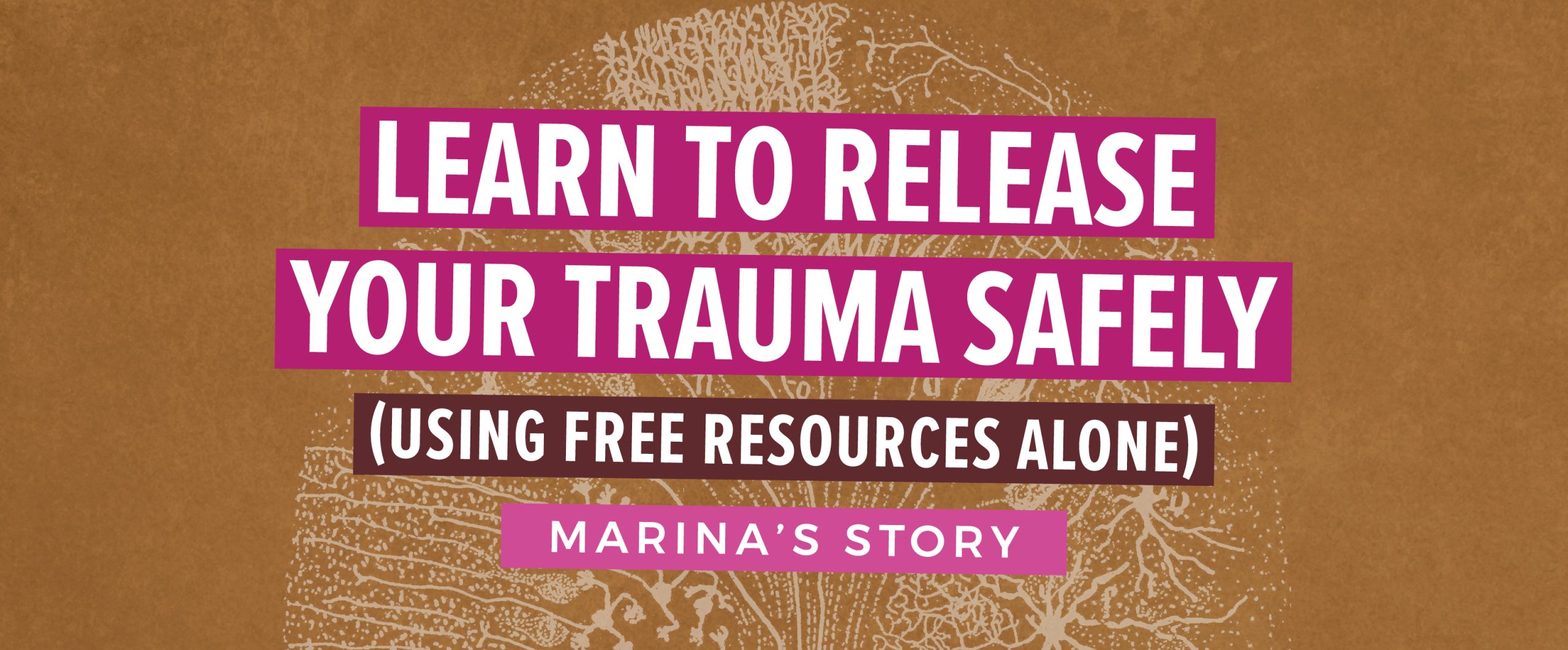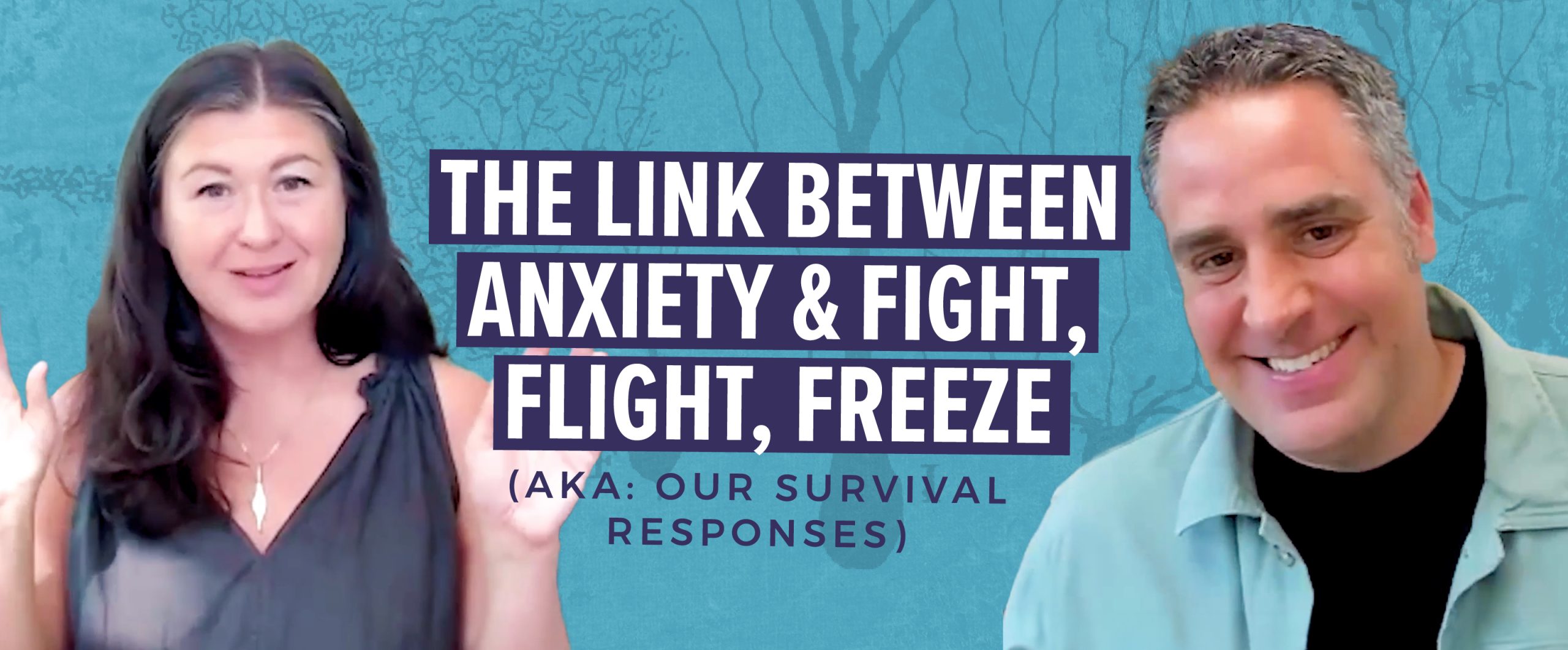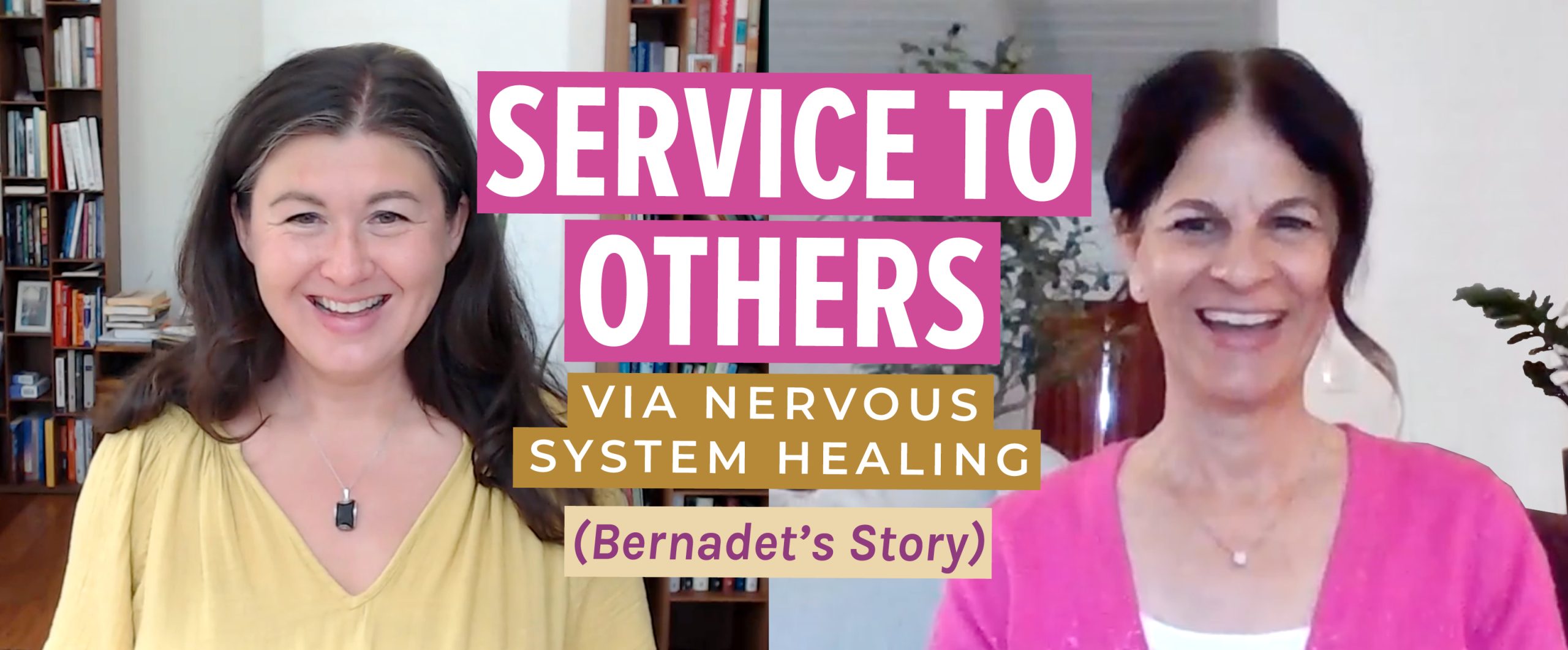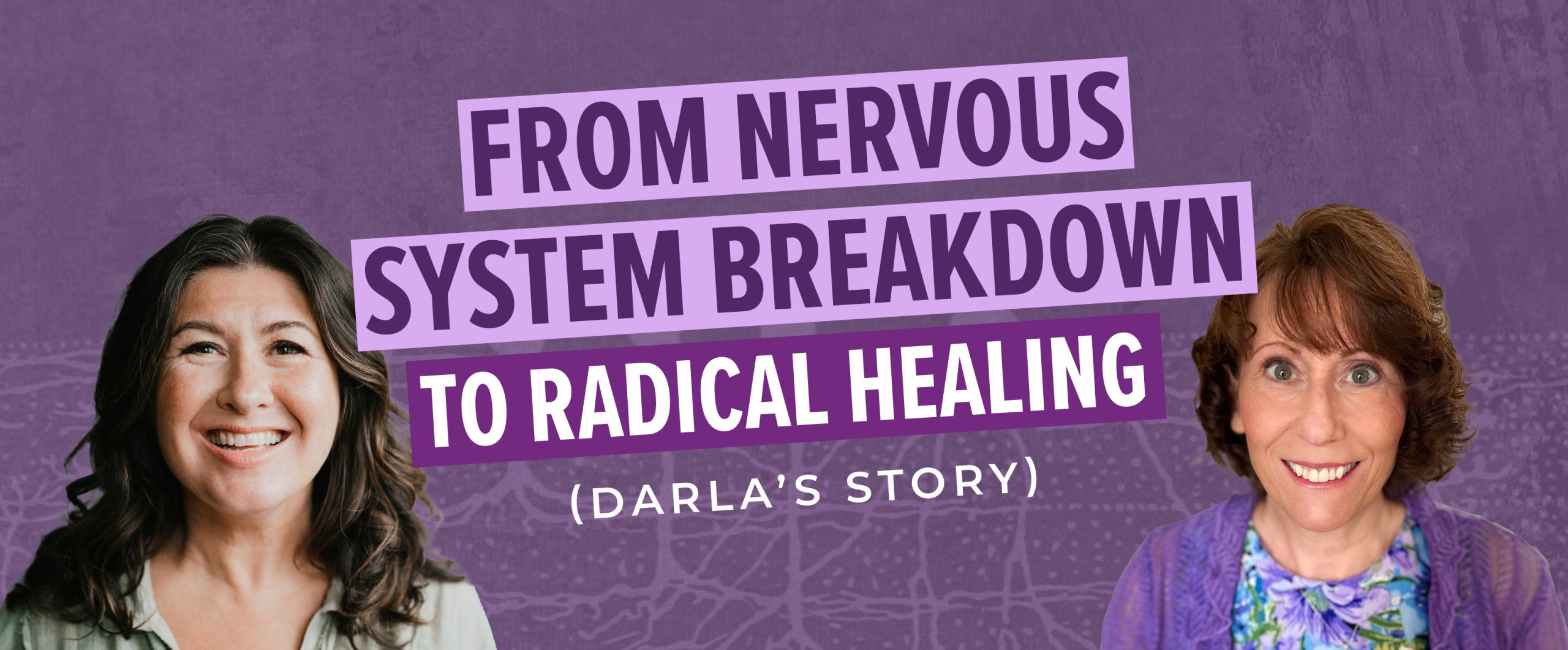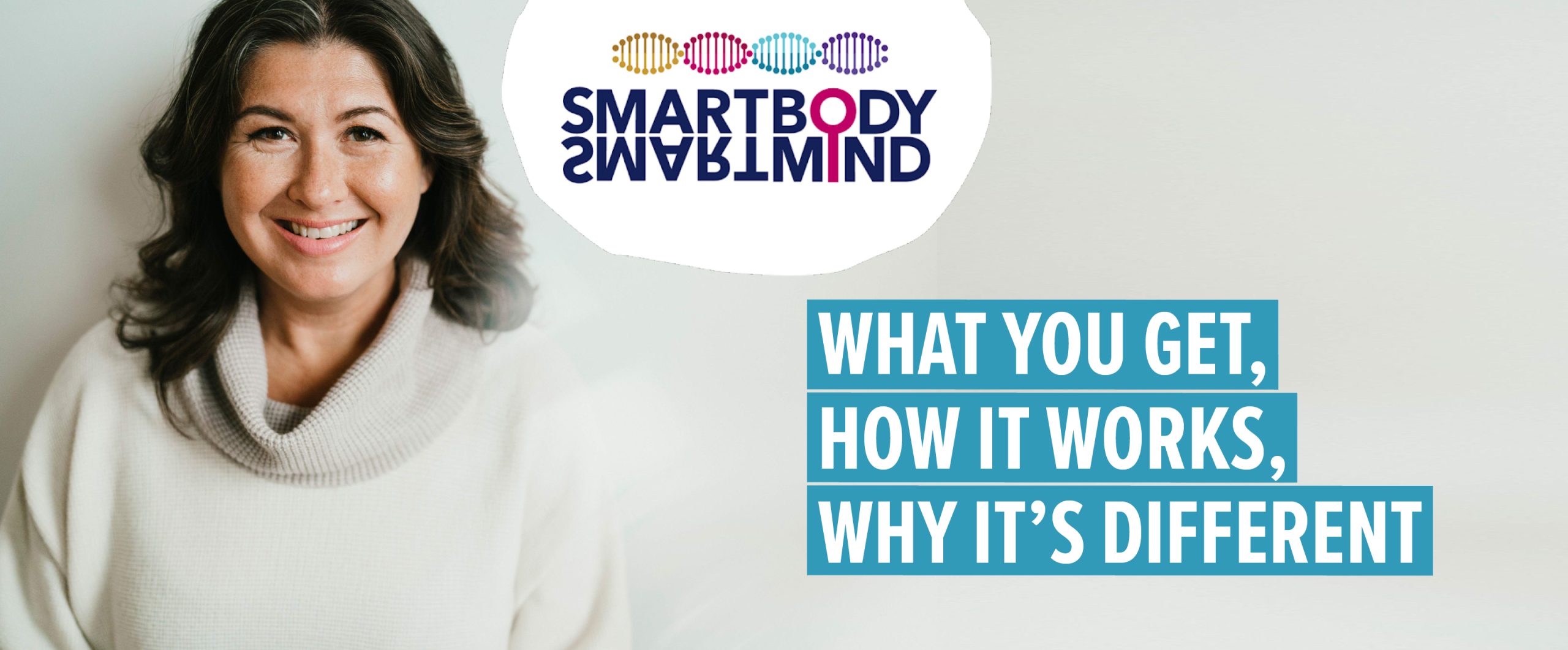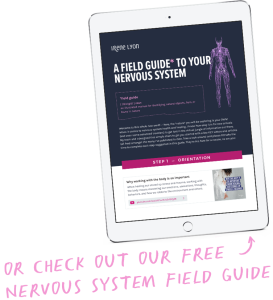One of the most intriguing parts of our workshops is witnessing how our past conditioning keeps us from having fun, letting go, trusting, being honest with ourselves, connecting with others, and most importantly, connecting to ourselves while connecting to the environment around us.
This conditioning also keeps us from moving freely and healing our body and all that it contains.
One theme that pops up without fail is shame, along with a cellular worry that we are getting something wrong, that we’ll be punished, or we look stupid, be laughed at, are holding up the group, that no one cares about what we have to say, and on and on…
All these thoughts that swirl and suffocate us come, for the most part, from a time in our lives when we were most likely shamed (ridiculed) in a toxic way (usually via our parents, siblings, school teachers).
This inflicted toxicity, this poisonous shame, is usually dosed out to us when we were little, such that we don’t have a solid cognitive memory of the exact nature of what happened. Instead, we have a somatic and relational memory that keeps us small and scared of ourselves and everything around us. To heal this level of somatic and relational harm means we must get into our body and do so with others. In the workshop setting we become exposed: we are witnesses and we witness.
We connect to ourselves and to others and then experiment with expression and being vulnerable in a safe, nurturing, and fun way.
And while the space is safe, it is fascinating how our old demons of toxic shame show up and play out as soon as we work on multiple dimensions of ourselves (at the same time).
The good news is that this can be worked with, soothed, and healed. We saw it happen this past weekend in Brighton, we saw it in Stockholm the week prior, and in Vancouver and New York City earlier this year. This work is universal and goes back to the beginnings of how we learned to move, play, interact, and advocate for ourselves.
We have the potential to heal the deepest wounds that have been carved and cut into us. We just need to make the decision to do it and then never look back.
The other aspect of shame is how we perceive ourselves and our internal physiology – how our cells are imprinted as ‘bad meat,’ something that Peter Levine, founder of Somatic Experiencing, has expressed in my learning with him.
In this video I explain what this ‘bad meat’ is along with another stellar comment from another mentor Kathy Kain (and hers you will not want to miss!).
